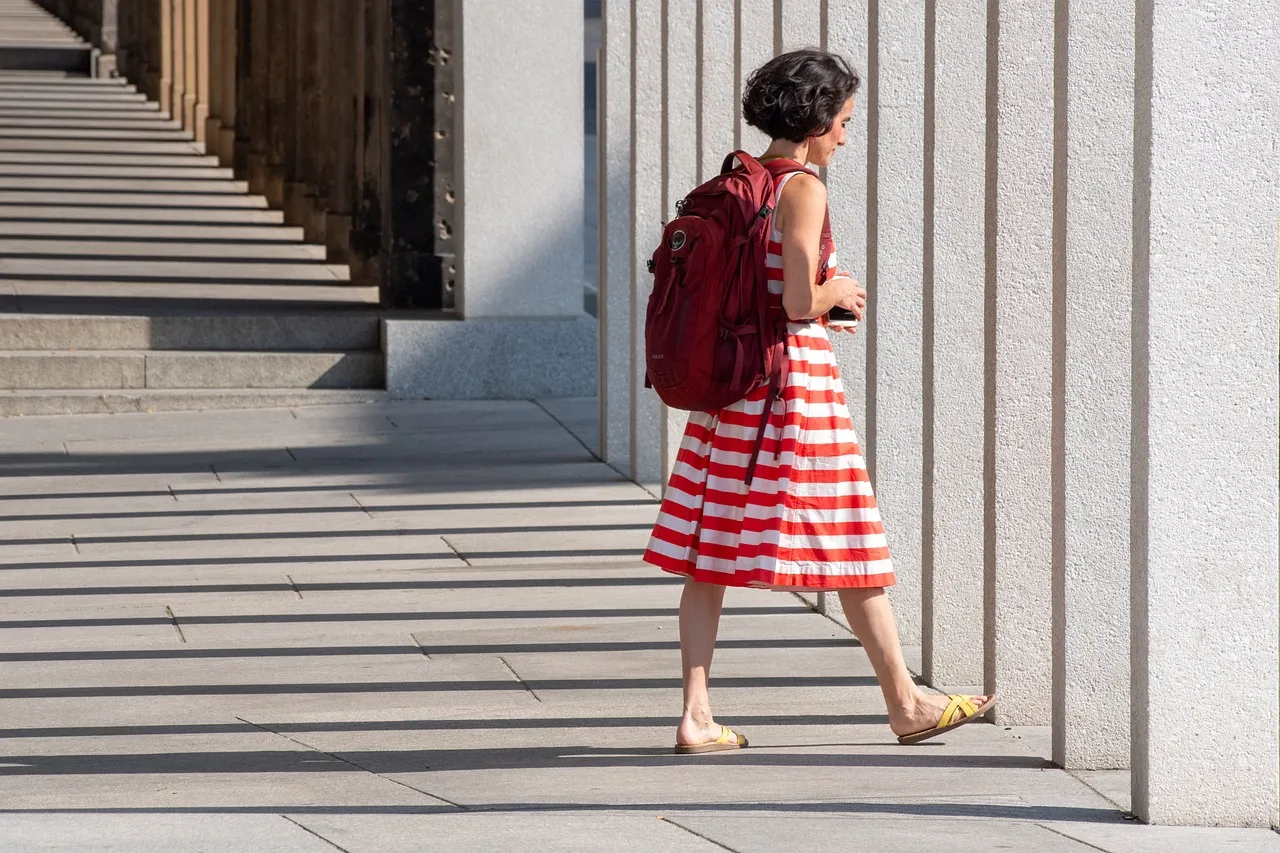1. Why Backpack Security Matters
Whether commuting in the city or exploring foreign destinations, your backpack can be a prime target for theft. Common risk scenarios include:
- Crowded Public Transit: Subways and buses are hotspots for pickpockets.
- Tourist Attractions: Tourists are often distracted, making them easy targets.
- Cafes and Public Spaces: Backpacks left unattended can easily be taken.
Understanding these risks is the first step to staying protected.
2. Key Features of Anti-Theft Backpacks
A high-quality anti-theft backpack acts as your first line of defense. Look for these features:
- Hidden Zippers:
Zippers located on the side against your back are harder for thieves to access. - Cut-Resistant Materials:
Fabrics like high-density nylon or Kevlar prevent slash-and-grab attempts. - Lockable Zippers:
Built-in locks or zipper loops deter casual thieves. - RFID Protection:
Special compartments shield your credit cards and IDs from digital skimming. - Secret Pockets:
Concealed pockets near the back panel are perfect for valuables like passports or cash.
3. Daily Habits for Enhanced Security
Even the best anti-theft backpack requires smart usage habits to ensure safety:
- Keep Your Bag in Sight:
In crowded areas, wear your backpack on the front instead of your back. - Use Both Straps:
Double straps make it harder for someone to grab and run with your bag. - Secure with Hooks or Locks:
When sitting in cafes or trains, lock your bag to the chair or luggage rack. - Distribute Valuables:
Avoid keeping all your money and important documents in one place to minimize losses.
4. Special Security Tips for Travel
Traveling to unfamiliar places often increases the risk of theft. Follow these specific tips:
- Use a Waist or Chest Pack:
Keep essentials like passports and cash in a small, secure pouch on your body. - Avoid Flashing Valuables:
Don’t frequently take out expensive items like cameras or phones in public. - Beware of Distractions:
Thieves often use tricks like bumping into you, asking questions, or pretending to sell something to divert your attention. - Secure Your Accommodation:
Lock your backpack to furniture in your hotel room or use a safe for your valuables.
5. What to Do If Theft Happens
Despite precautions, theft can still occur. Here’s how to handle it:
- Immediately Freeze Cards:
Contact your bank to block stolen credit and debit cards. - File a Police Report:
Report the incident to local authorities and request a copy of the report for insurance or replacement documents. - Contact Your Embassy:
If your passport is stolen, contact the nearest embassy for a temporary travel document.
Conclusion:
Combining an anti-theft backpack with mindful habits can significantly reduce the risk of theft. Whether commuting or traveling, being prepared and proactive is the key to protecting your belongings. Remember: prevention is always better than dealing with the aftermath!

